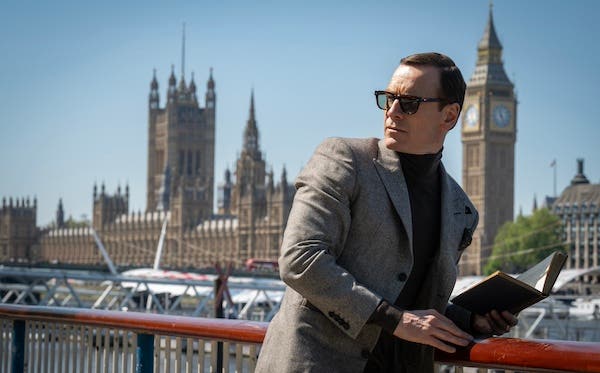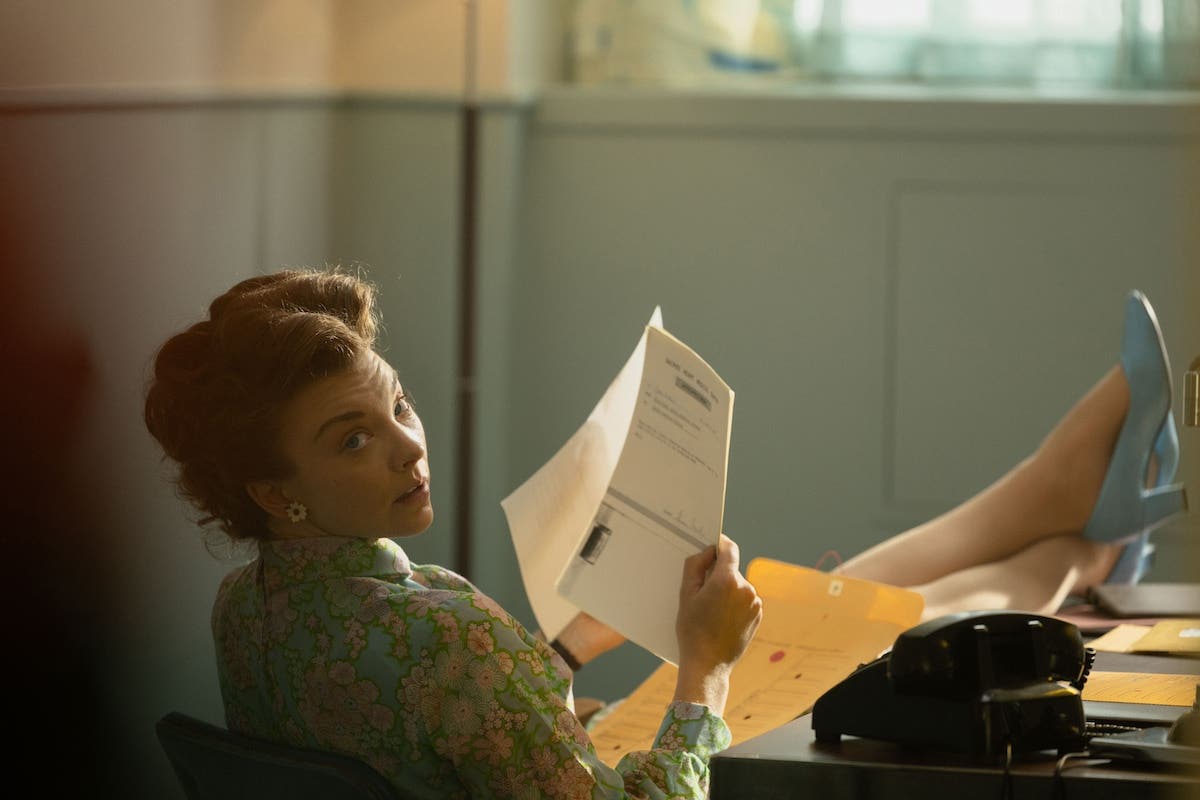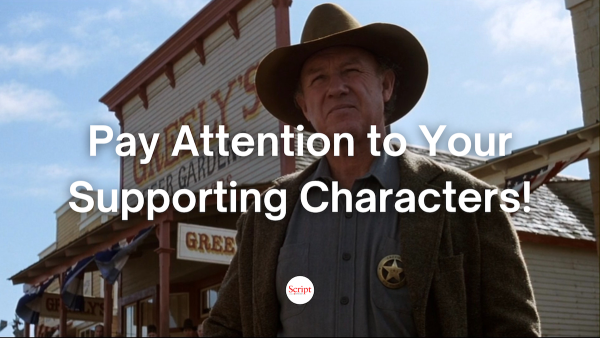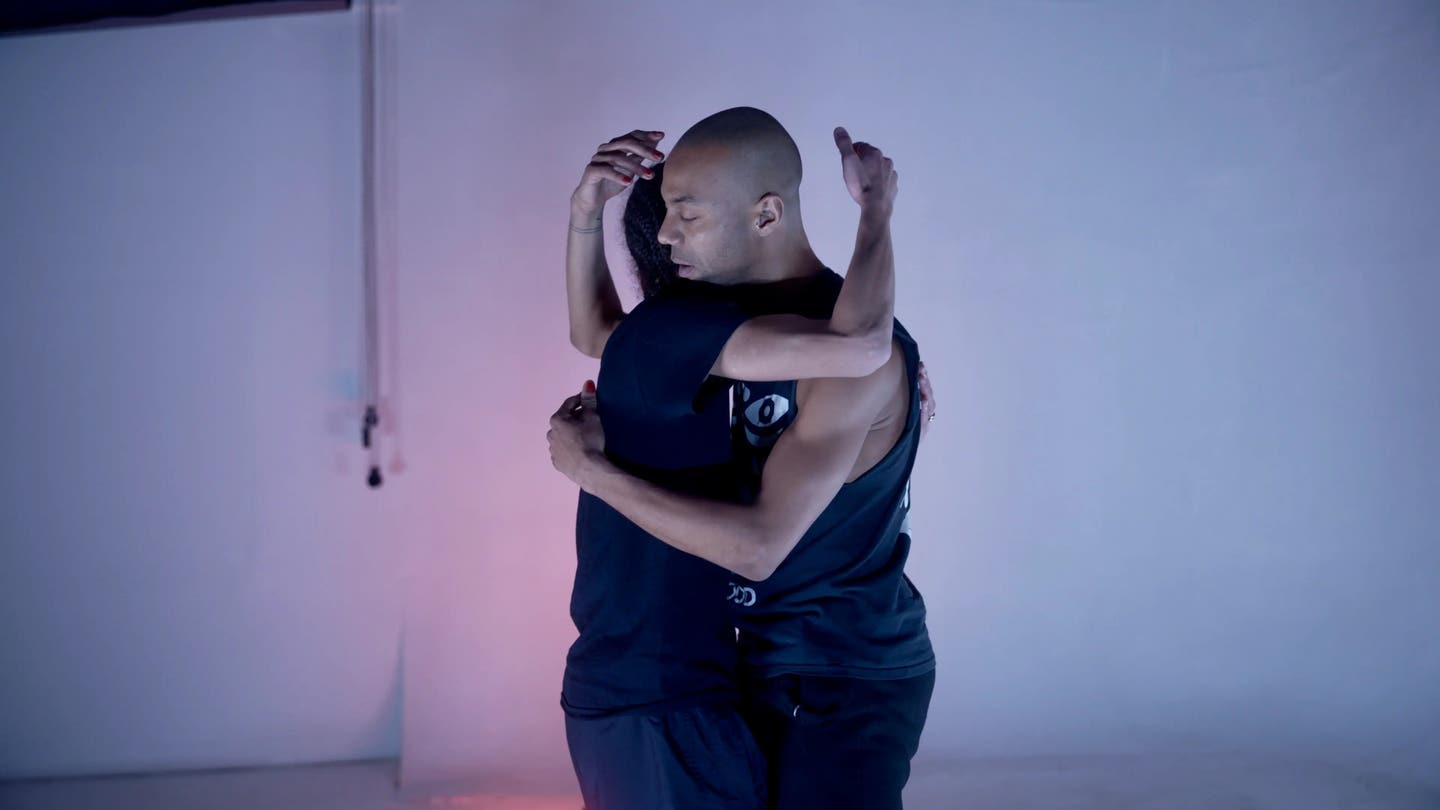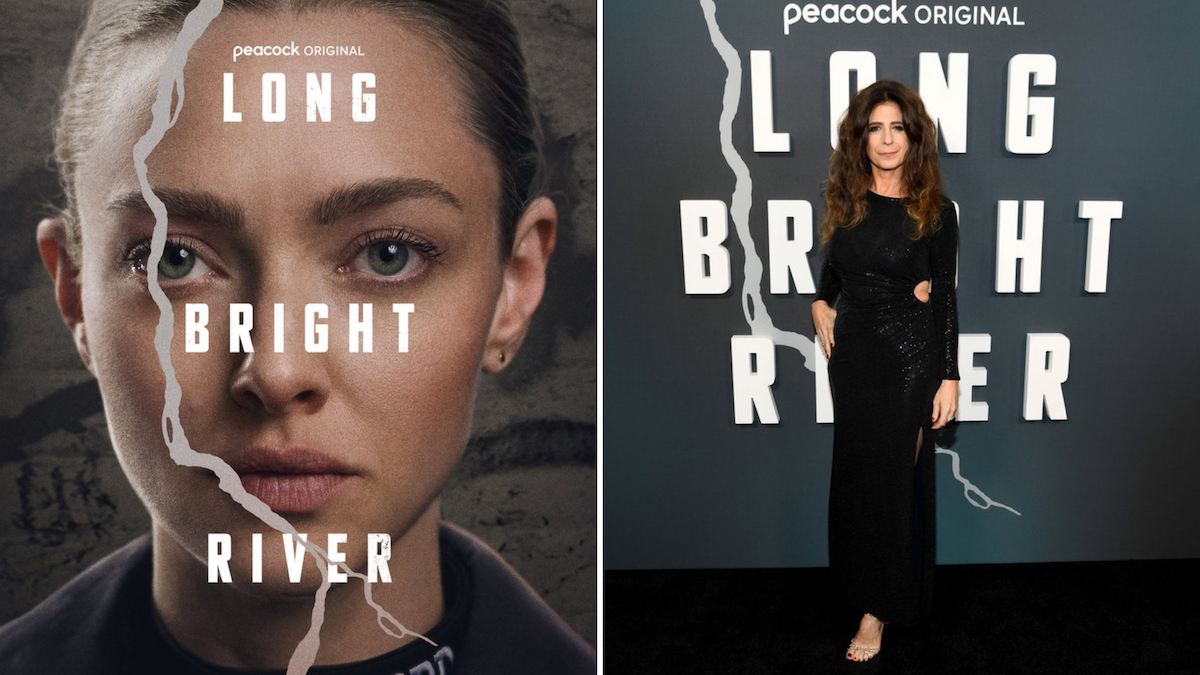Script Angel: The Script Development Process
The script development process is not for the faint hearted because everyone, and I mean everyone, will have an opinion on your work. Hayley McKenzie gives you survival tips.
The script development process is not for the faint hearted because everyone, and I mean everyone, will have an opinion on your work. Hayley McKenzie gives you survival tips.
Hayley McKenzie is a Script Editor and founder of Script Angel, helping screenwriters elevate their craft and advance their screenwriting career. Follow her on Twitter @scriptangel1.
Screenwriting is a collaborative job. It might not feel like it when you’ve been locked in your attic lovingly crafting your script with no more than a ‘hello’ to your cat for several weeks. But trust me, making screenwriting your career is all about being able to work with others. When I was working on one major primetime show the editorial team used a talent-to-trouble ratio to decide who got more commissions on the show and who didn’t. If you were more trouble than you were talent, you were out. The schedule is too tight to accommodate divas, on set or on the writing team and the same is usually true in both film and television. So how do you hold tight to your vision of the script without becoming so intransigent that no-one will employ you?
The script development process is not for the faint hearted because everyone, and I mean everyone, will have an opinion on your work. From your mum and your mates who first read that early draft that you daren’t show anyone else, right through to the location manager who thinks you can easily switch your park for a diner and it won’t matter (it will), they’ll have something to say about your script.
And almost everyone will have an agenda. The development assistant looking to filter out all the crap but also worried about missing ‘the next big thing.’ The agent that knows a producer that’s looking for something a bit like this if you could just change it from a drama to a horror movie. The producer who thinks he can get money for it, but just not the amount of money it’s going to cost to make and who wants you to cut half the locations and half the cast. The studio exec that is looking for a vehicle for his 40-something male star so if you could just rewrite your lead character 20 years older and change their gender please. Even if you get through development and into production and out into the world, everyone will have an opinion on the finished film/episode and you can bet your bottom dollar that if there’s anything they don’t like about it, it’ll be your fault.
Learning not to drown in the notes that come your way takes practice and a tough skin. But for the most part, no one is out to get you. It might not seem like it at times but everyone who gives you notes during the development process is doing so because they think those notes will help make the script better. One of the first places most writers get notes is from an independent script consultant like myself. Reputable script consultants are well worth listening to because generally they don’t have an agenda other than to help you make the script the best version of itself that it can be. There’s no boss they’re trying to impress, no gap in a development slate they’re trying to squeeze your project into, it really is all about the writer and the quality of the script. Finding a good script consultant is important so don’t rush it. You’re going to be spending your hard-earned money so choose wisely, research them, their credits, get testimonials from their other clients and ask about them among the screenwriting community.
Being able to take on board their notes is a great first step. But even with your no-agenda script consultant you might not agree with everything they have to say about your script. So how do you know which notes to listen to? I’m a great believer in instinct. Do the notes feel right? Do they chime with what you’re trying to do? Often it’s a daunting prospect because of the sheer amount of work the rewrite to address the notes will take, but usually you know it needs to be done. If it feels like the right thing to do, even if your heart sinks initially at the thought of the hours it’ll take, then do it.
If your script is optioned or you get commissioned then you’ll get notes from a lot more people and this is where it gets trickier. Your script consultant thinks their notes are worth listening to but you’re the client so if you don’t want to do the notes, that’s entirely your prerogative. Once someone is paying you to write this script, then suddenly just ignoring notes you don’t like isn’t an option.
The development processes in feature films and television are very different but the net result to you, the writer, is pretty much the same – a lot of people giving you notes on your beloved script. In films there might be a script editor or consultant, a development exec and producer from the first production company to come on board, then notes from other producers coming on board and committing money – the general rule is if they’re putting money in, they’ll expect a say on the script. In series television you could have a script editor, series editor, story editor, producer, series producer, executive producer.
And then of course there’s the director. Unless you’re making a very low budget film and funding it yourself or you are already an established writer/director then the chances are that someone else is going to actually turn your script into a film/TV show. Robin Mukherjee, who wrote the screenplay for award-winning film Lore says you have to embrace the process. The worst thing is if a director just shoots your script – what you want is for everyone to be bringing something creative to the process. Fingers crossed that their creative vision of the film is the same as yours.
Do you try to address every note you’re given? I don’t think that’s in anyone’s best interest but do be open, listen to everyone because you never know where the best suggestion is going to come from. Then go with your gut. Don’t just roll over and do notes you strongly disagree with. Don’t ignore them either but fight your case, persuade others of the strength of your vision. Don’t fight every note because there’s only the tiniest chance that you’re right about everything and everyone else is wrong about everything. The truth will probably lie somewhere in the middle. It’s a small industry and being able to work with other people is a major part of the screenwriters’ job. Oblivion screenwriter Karl Gajdusek talks here about taking notes from Tom Cruise. Whatever level you’re at, you’re going to get notes and learning to deal with that process, to argue your case when you disagree but also to take the best of what others can bring to your script, is the way to screenwriting success.
Next time - the screenwriters’ survival guide to the production process.
Related Articles:
- More Script Angel articles by Hayley McKenzie
- Alt Script: Should You Always Act on Script Notes?
- Balls of Steel: Getting Honest Feedback
- Legally Speaking, It Depends: Script Consultants, Good, Bad?
Before you submit your script, make sure it's polished and ready with the help of our ScriptXpert Coverage and Development Notes!
ORDER NOW!
Our ScriptXpert Critique Service is back! Our team consists of more than experienced working screenwriters, we also have story analysts, development execs, directors, producers, and even filmmakers. Rest assured, we do not hire interns or college students. We only use readers who understand the industry on a professional level. Get Coverage or Coverage with Development Notes to see how your screenplay stacks up to what studios are looking for. Rush service available!
